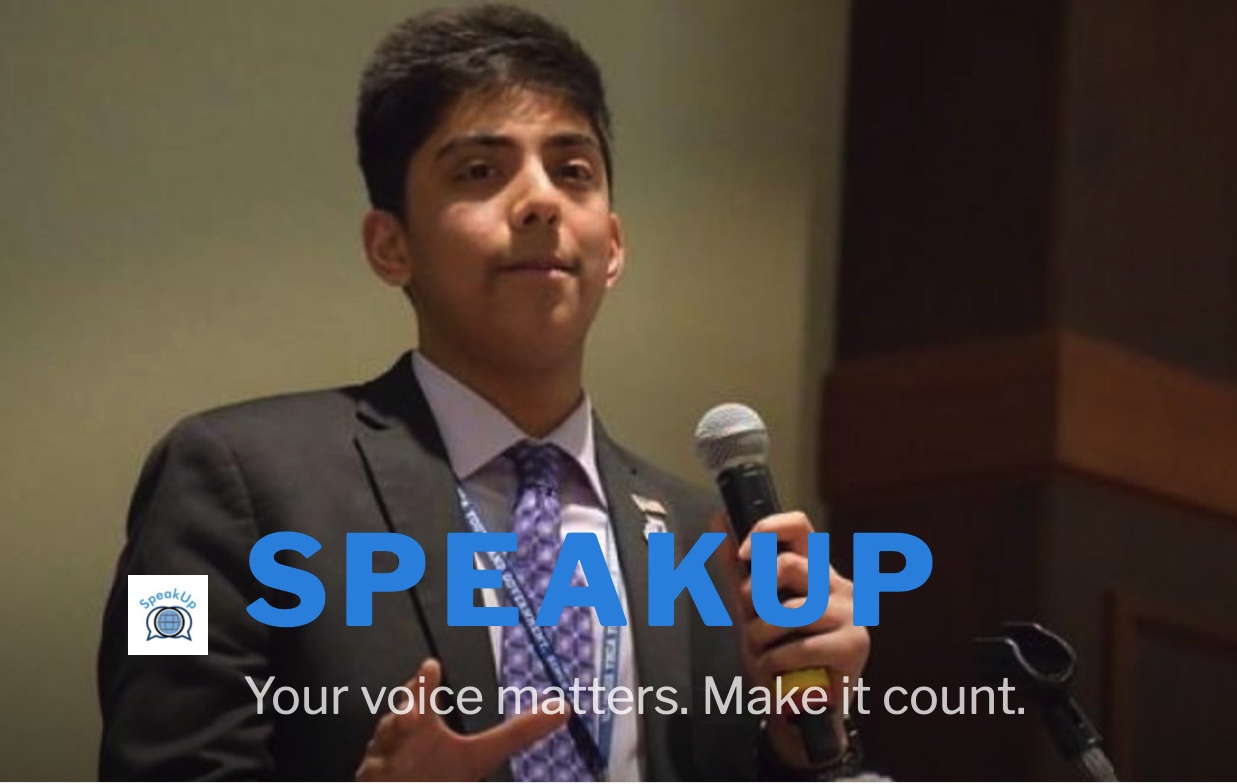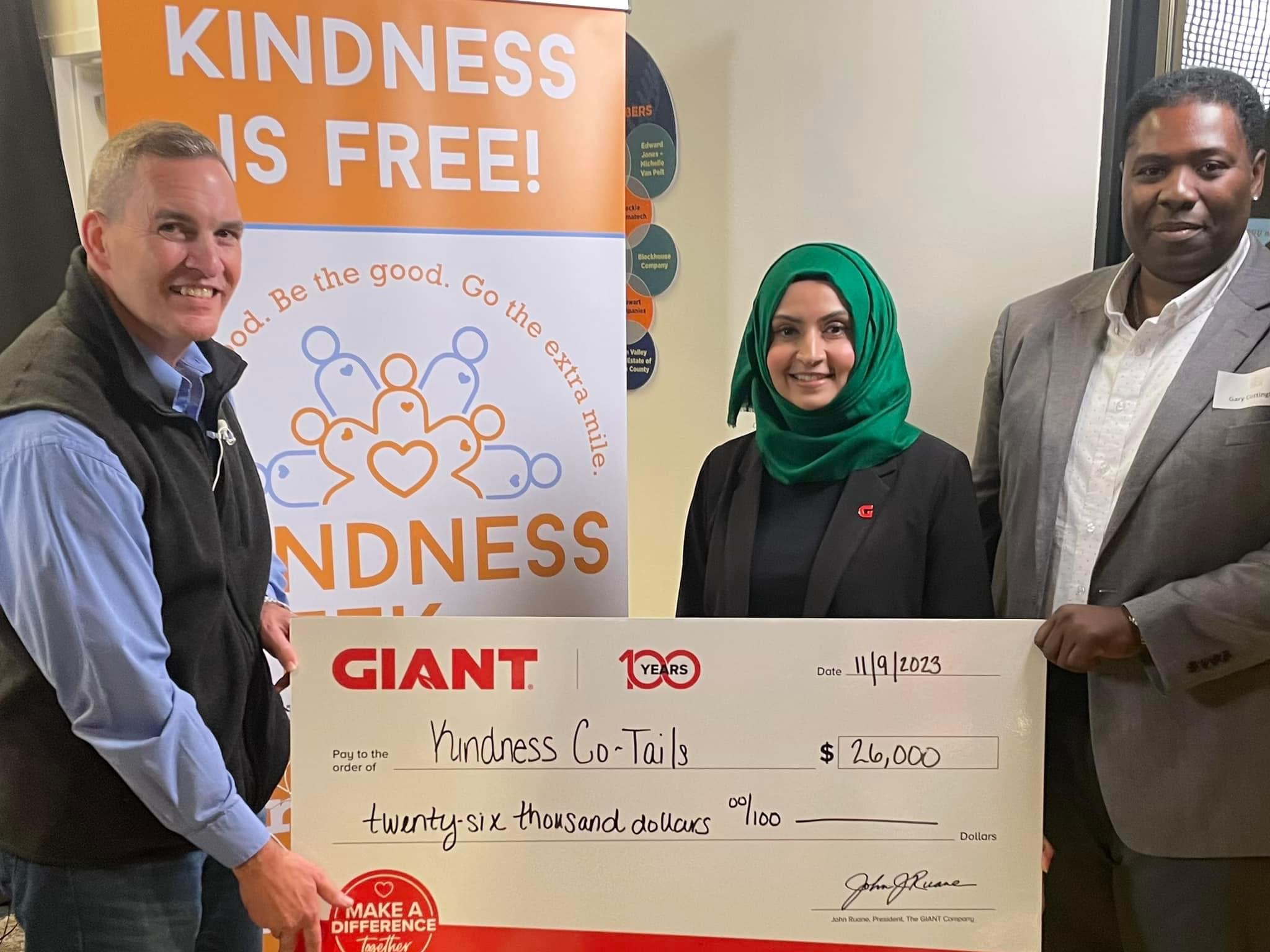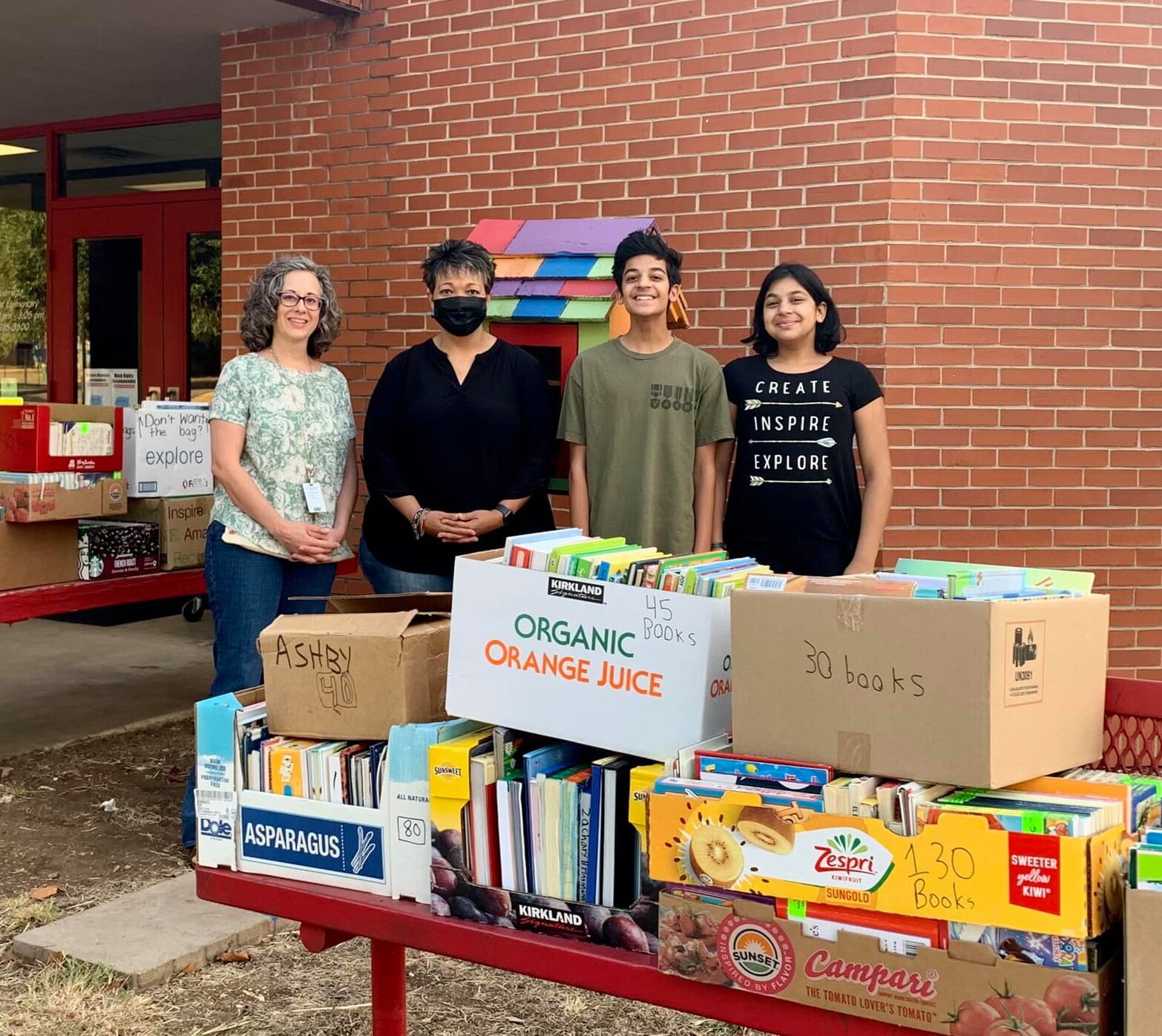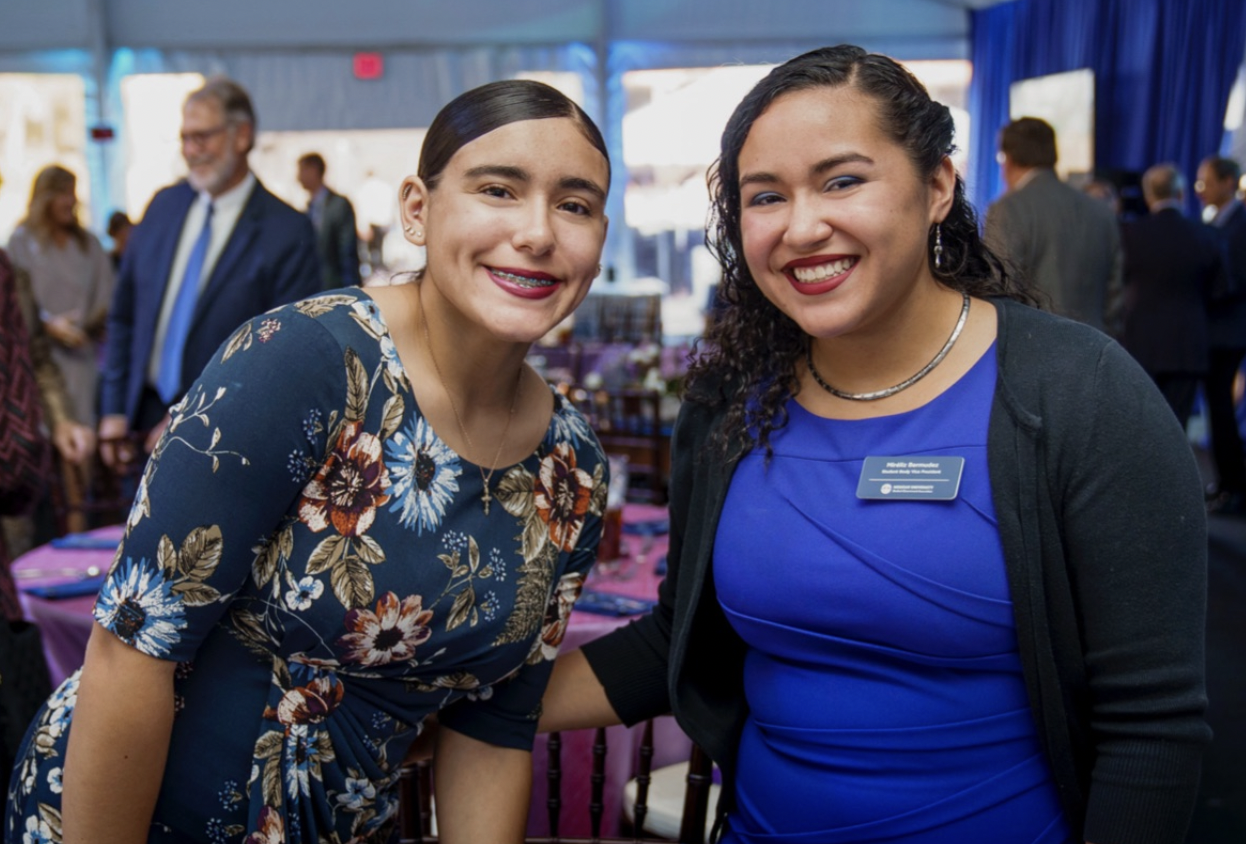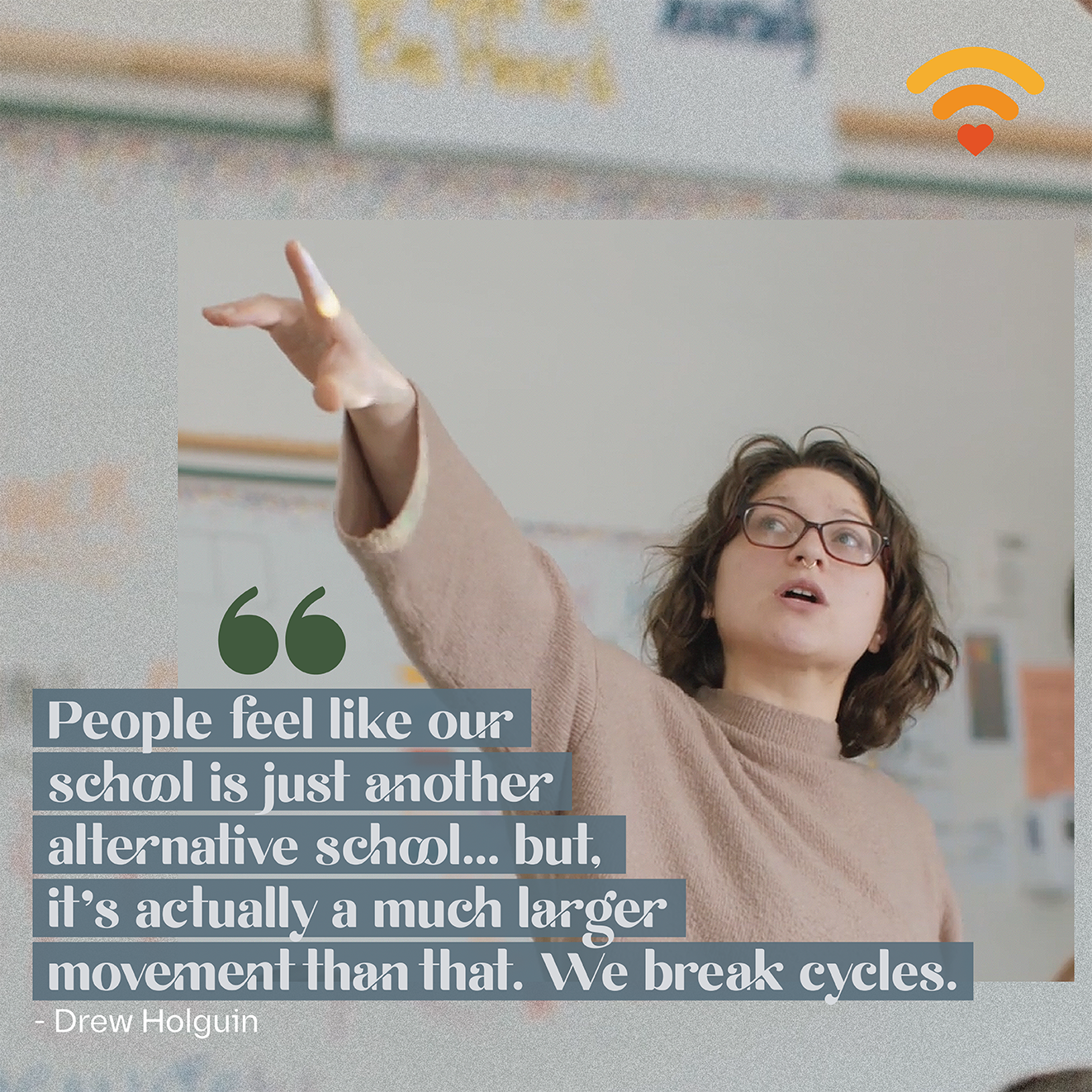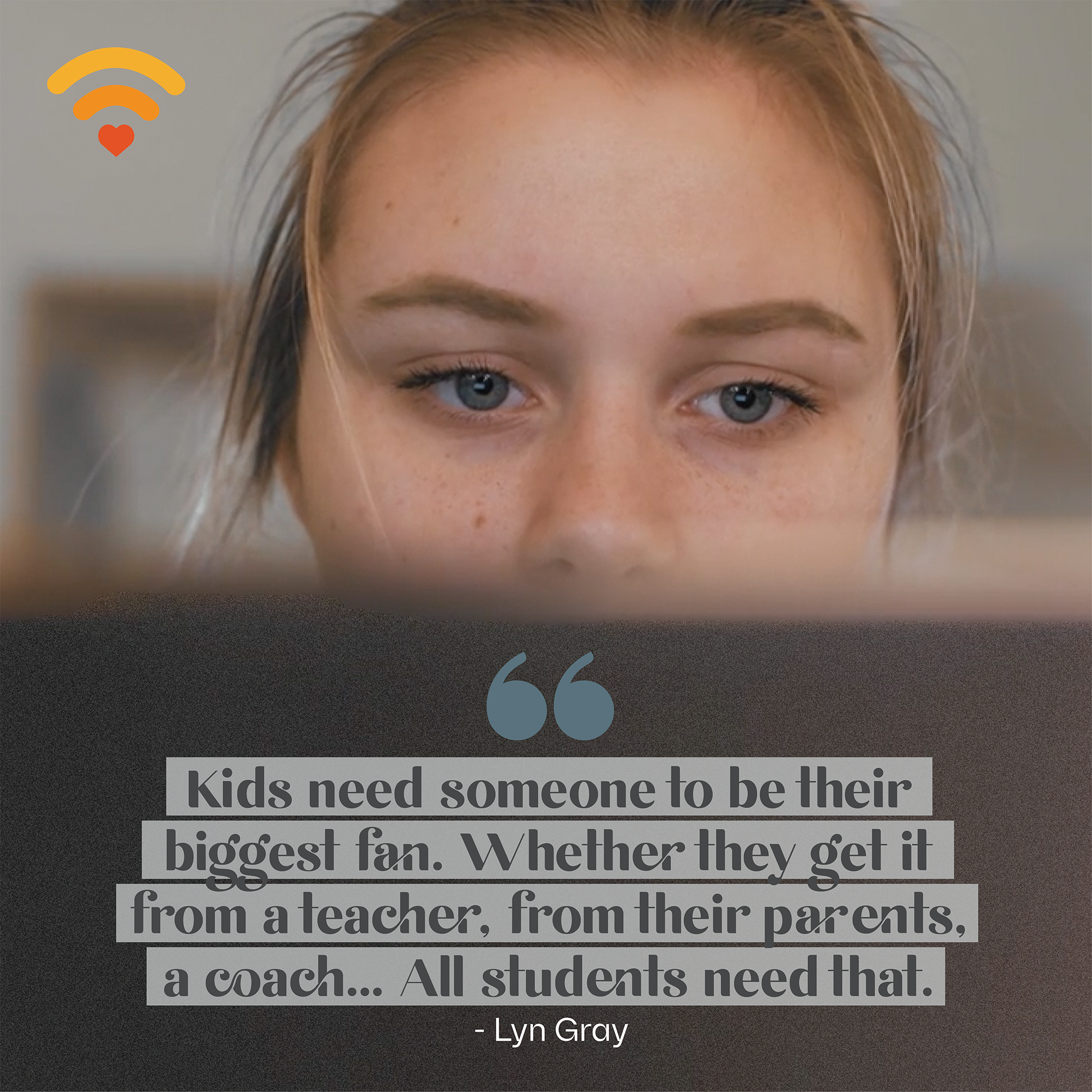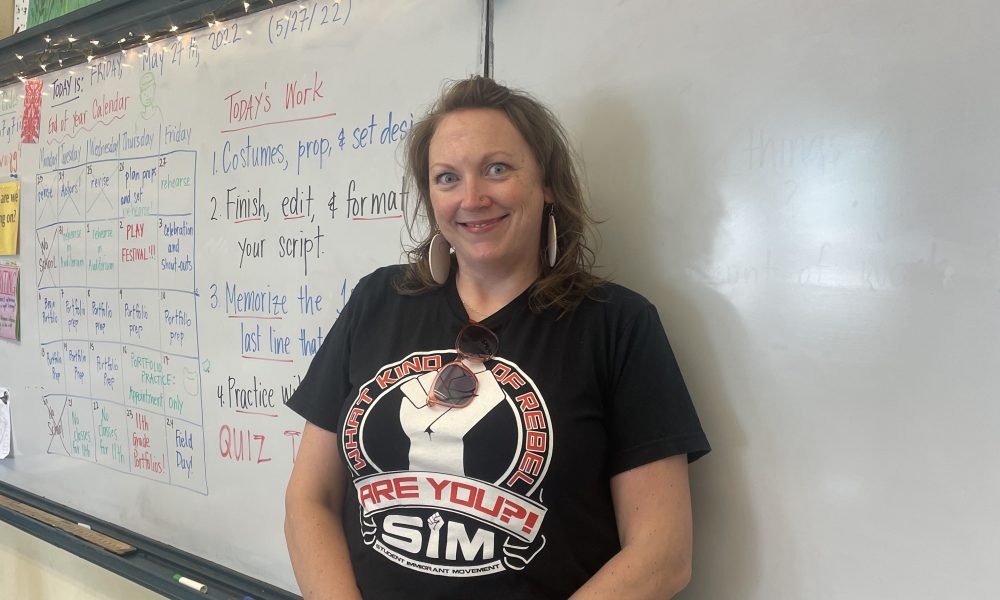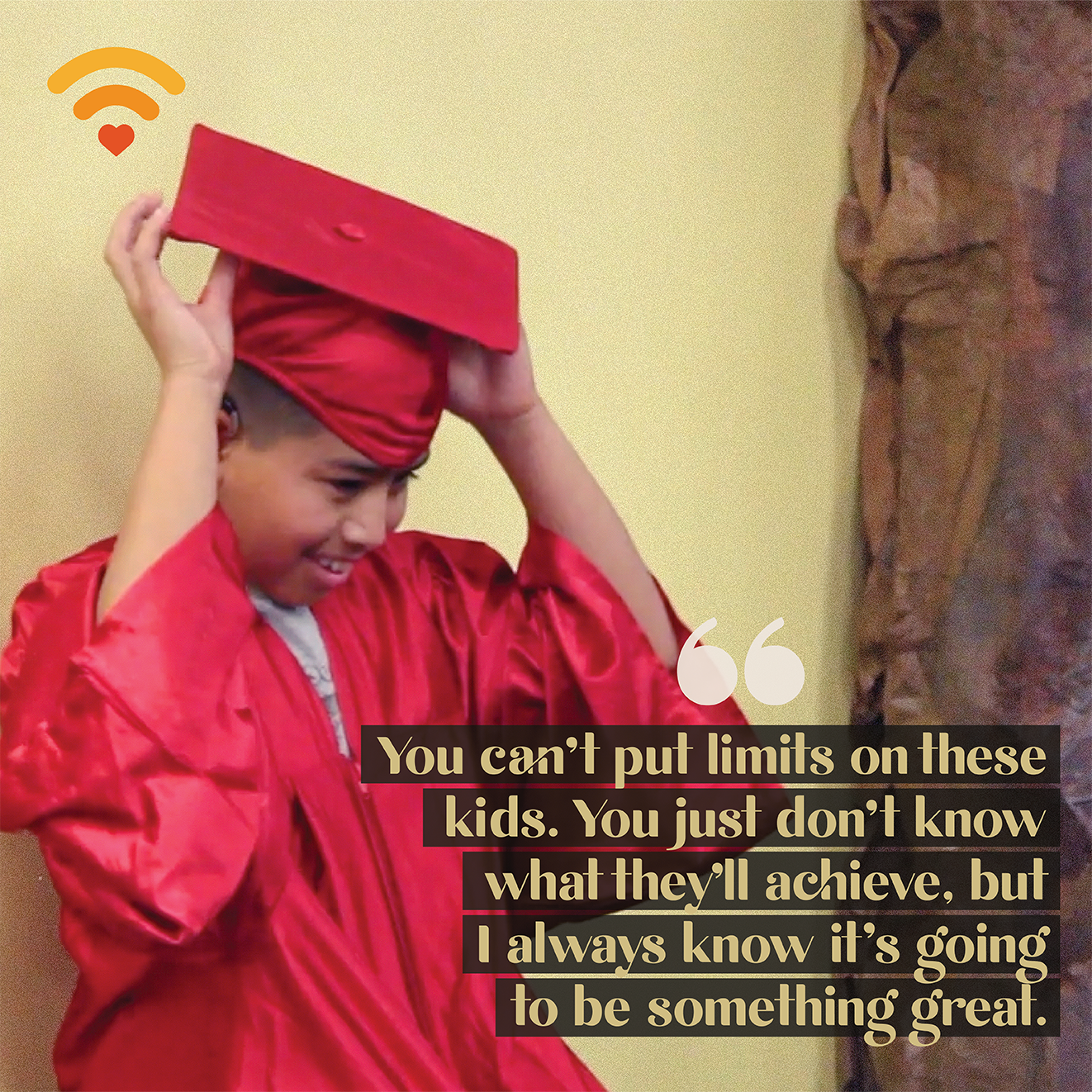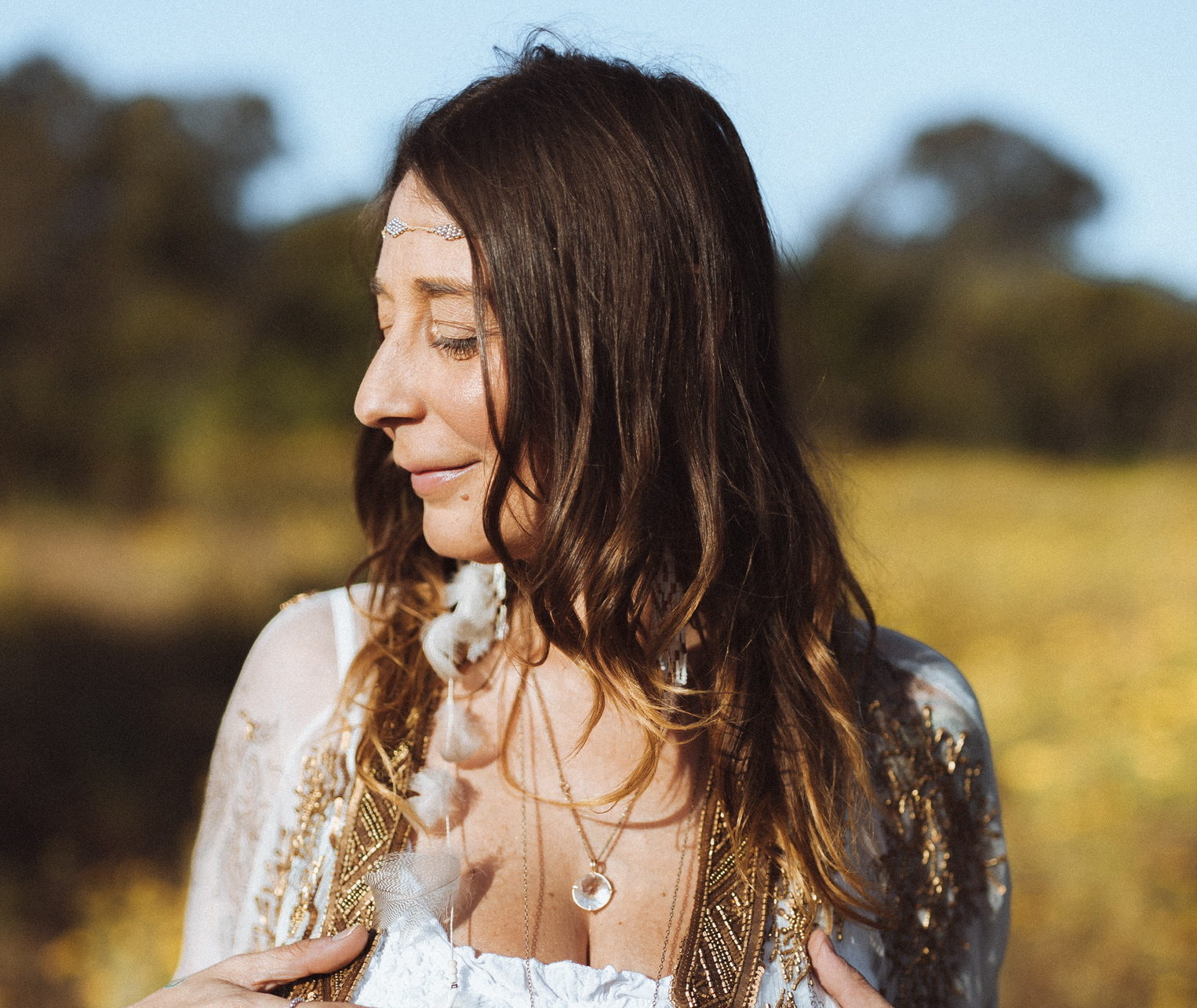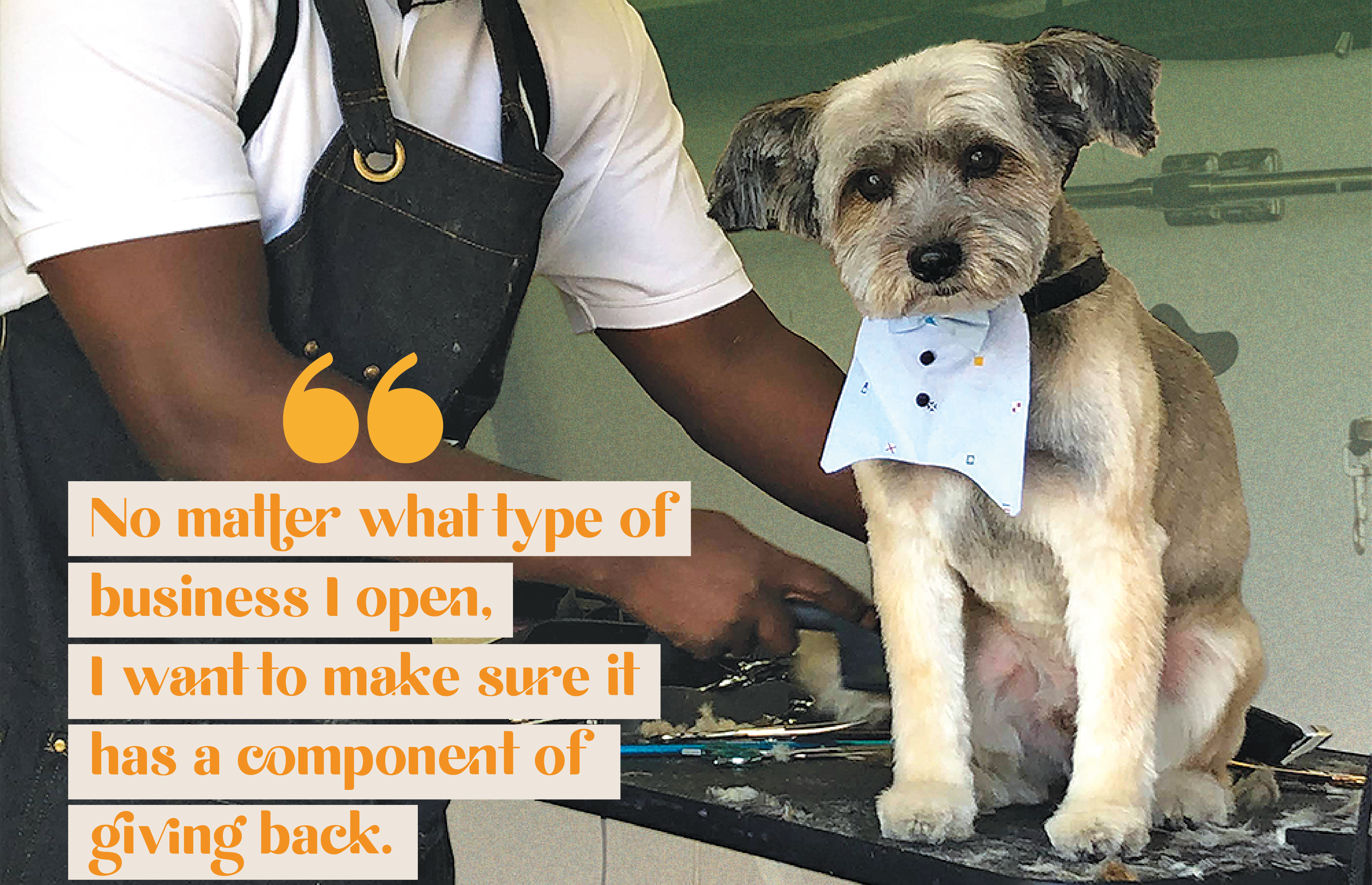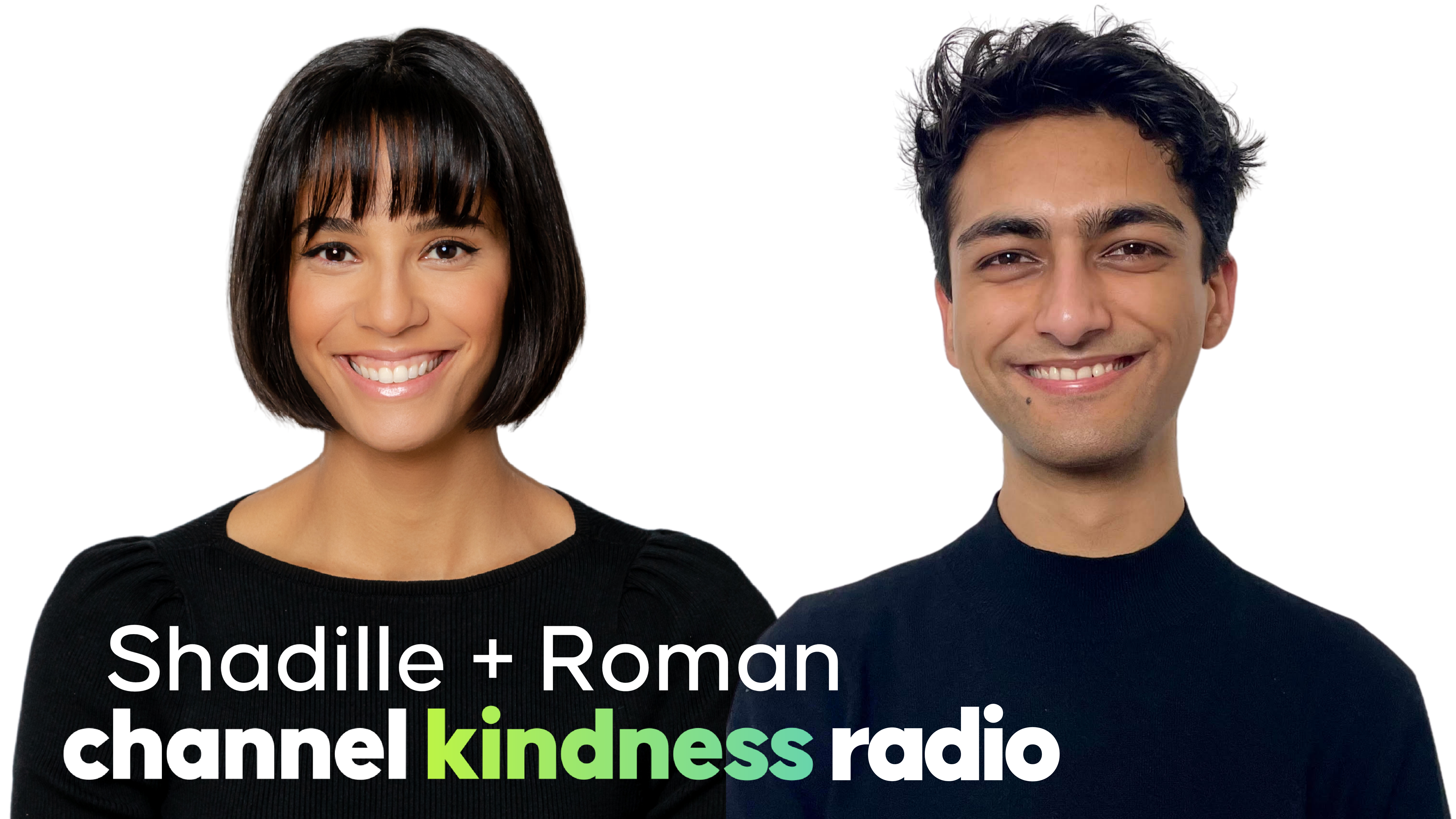SpeakUp is an online platform created by high school student Meher Sethi to help improve speech and communication skills. Utilizing videos to convey bite-sized lessons on a range of subjects, the platform is based on Meher’s experience as a state-wide and nationally recognized speaker, as well as those of renowned coaches, academics, and experts in the field.
Our society is highly driven by capital, success is driven by circumstance, and not everyone gets the opportunity to improve their communication skills. Not everyone can join speech team, or train with coaches, or enter beneficial programs, as there are financial pressures or familial pressures involved. Yet, we can’t let the communication crisis win. This process needs to be democratized, so that’s why I created SpeakUp, and that’s why everything is completely free and accessible to everyone.
Now, I use my platforms to talk about issues that matter, and I’ve served as an activist for several important issues in the community. Not to please judges, not to win competitions, not to get the highest rank. And neither should you. Neither should any of us. We’ve been given a voice. Let’s use it for good. Let’s solve problems together. Let’s embrace humanity. Let’s… Speak Up.
Q: Can you speak a bit about your own experience as a speaker and how you refined your craft?
A: When I was in 3rd grade, I stood up in front of the whole class on vegetable day, eyeing a sea of carrots drowned in ranch. After taking a deep breath, I began my book report. I connected with this book heavily and mirrored that conviction in my enthusiastic presentation. In fact, my teacher was so impressed, she ended up sending that recording to the author, Roland Smith, who I ended up connecting with. In 8th grade, selected to give the commencement speech, I thought back on my book report and the skills that I utilized. I was showered with positive feedback as I – once again – connected with my convictions, and therefore connected with the audience.
That summer, the opportunity to explore this art from a deeper perspective took form in the Summer Forensics Institute with the world’s most renowned College Speech Team, Bradley University. To be candid, I came in with a good amount of confidence. All the accolades and encouragement had convinced me that I was hot stuff after that graduation speech! Spoiler alert, I was torn apart.
The coaches, experts, and professors, who had a lot of experience in the field, taught me how to approach speech in a structured way. How to critique and find the purpose behind every word and every syllable. How to isolate skills in public speaking and workshop them to attain holistic development.
I asked myself, why hadn’t I been provided similar instruction before? There was a massive disconnect, and unfortunately, it was under-serving students who could have come out to become amazing communicators.
I pursued the art in the most tangible way at the start of high school: speech team. My very first tournament, as a freshman – a varsity tournament, no less – I placed 2nd, the highest-ranking member of the team consisting mostly of juniors and seniors. Next year, the school speech coaches made me captain of the team. As a sophomore, I made school history by being the first Speech Team member in over 10 years to be selected for State Finals (placed 5th) and first-EVER Waubonsie Valley student to qualify for the National Individual Events Tournament of Champions (I was an octafinalist).
It was a blast, no doubt. I kept learning about the intricacies of public speaking, compiled knowledge and made lasting relationships in the Speech & Debate world. However, a sense of fulfillment was missing that couldn’t come with competing and winning alone. You also have to give back to the community.
Q: When was the moment you realized you wanted to bring this to the public and start Speak Up?
A: My sophomore year in Health Class, we had a debate about “Technology: Is it beneficial or destructive?” A peer brought up a rising communication crisis in youth. Directly behind her was a student staring right into his phone. Evidently, the communication crisis is prevalent, especially in the youth that have grown up in an age with significantly less face-to-face interaction. Moreover, I had witnessed discrepancies in access to speaking instruction that posed to be significant barriers to success. Whether these hindrances be financial, familial, cultural, or other, public speaking education needs to be democratized.
I had always had an interest in filmmaking, but I started to delve deep into it when I realized I could break down the lessons I had learned from my speech experience in an easy-to-grasp, bite-sized instruction provided using a completely free avenue (a la Khan Academy): SpeakUp! Videos were a way for the audience to both connect and learn by example. I laid out several lessons, fun exercises that aid in development, and wrote scripts for it all.
When the product was first launched, I sent it to several of my school teachers, and the initial reaction was overwhelmingly positive. All my teachers wanted to utilize it and intertwine it some way or the other in class settings. I was being pulled out of PE and lunch to present the product to history and English classes! I had conversations with my principal and administration, and we also decided that this would be incredibly beneficial in advisory classes for freshmen (unfortunately, the pandemic happened before that was able to be implemented in full force). However, I began pitching it to schools across Illinois and eventually across the country, attaining national recognition in the education sphere. Several administrators from other schools have provided positive feedback on this and distributed to their English or Speech teachers to talk about this with their students.
Q: Why do you feel it’s important for youth to use their own voice and speak up?
A: There’s a feeling of liberty in owning your voice. It is exhilarating. On top of that, we’ve seen the power of youth who speak out on issues that affect us, and the difference they can make. My freshman year, millions of students demanded action on gun safety by walking out and using their voices to force change. Greta Thunberg and Malala are prime examples of young people who found that liberty as well. All youth should have the opportunity to speak up in the same way and find their voice. We cannot let anyone be unheard. SpeakUp is a small attempt for students to find their voice and make a difference in society.
Q: Why do you want to help other teens learn how to speak up?
A: I’ve been an activist for most of my high school career, and I take pride in identifying myself as that first and foremost. The courage I’ve mustered to speak out on issues like climate action, food insecurity, and criminal justice reform is solely a result of finding my voice. I recently organized a virtual Climate Activism Summit featuring three prominent environmental activists and three members of US Congress from Illinois. One of our US Representatives mentioned something that stuck in my mind: “On some of the most important issues, youth are the ones being affected the most. So you have the moral authority. Use that to help your activism.”
For the past weeks, I’ve also been engaged in activism for #BlackLivesMatter, and even in this fight, empowering individuals to speak up is of utmost importance. Teenagers around the world have the opportunities to make significant impacts to their communities, but that can only happen if we are all united in using our voices for good. There are not just problems in my community, my state, or my country. Teens across the globe must feel empowered to take such leaps towards justice and equity, and I sincerely hope SpeakUp can be a first step in the process.




